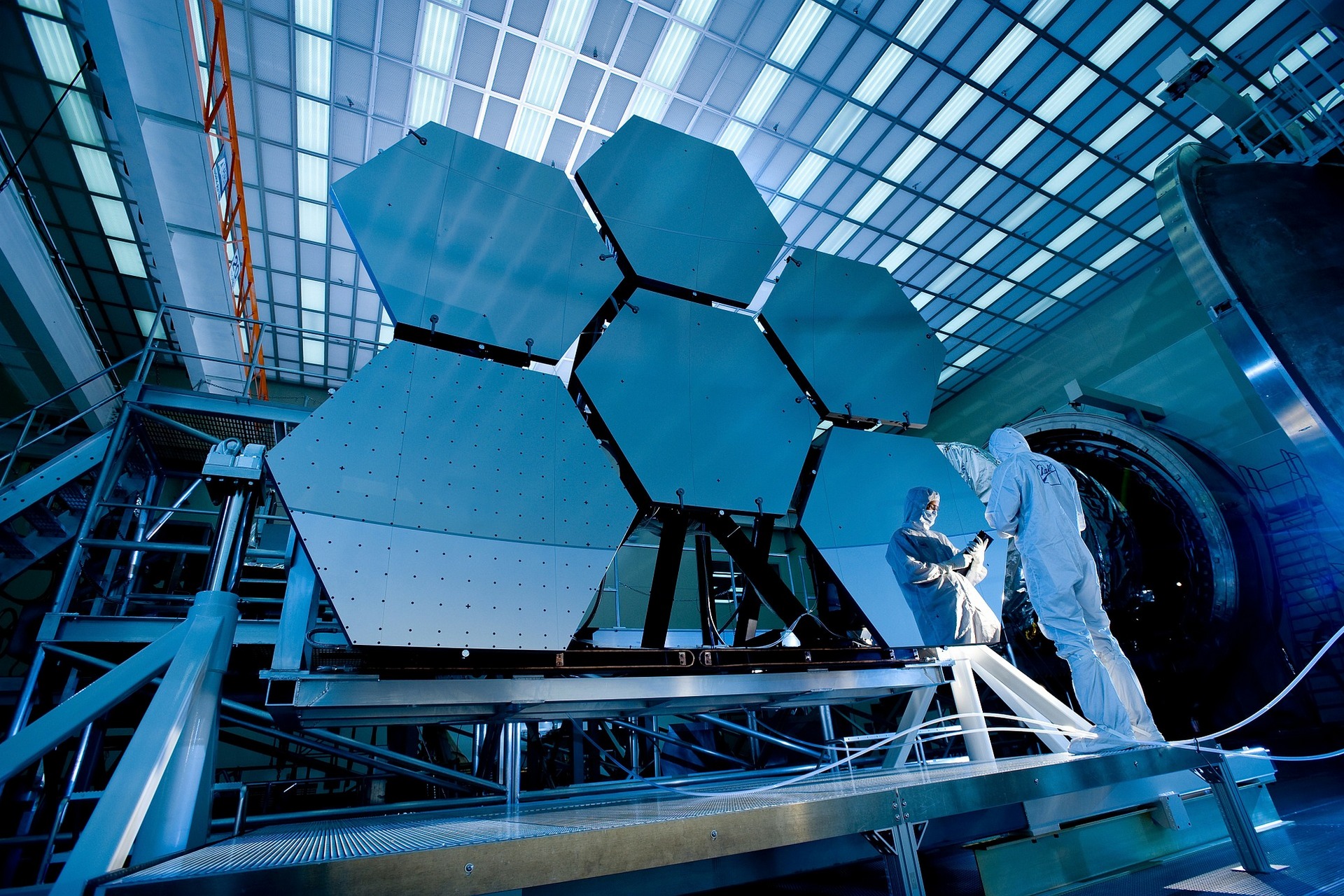Next-generation batteries are being built in Europe
Batteries are used everywhere – in our phones, laptops and cars – but they have not yet become the inexpensive, high-performance energy source of the future. A number of European and Swiss R&D initiatives are now trying to find ways to make innovative breakthroughs in this promising field.
“The use of batteries can reduce carbon emissions in the transport and energy sectors by 30%, provide 600 million additional people with electricity, and create 10 million long-term, environmentally sustainable jobs around the world,” says a recent annual report of the World Economic Forum in Davos, headquartered in the town of Colonie in the Geneva suburbs. So far, Asia dominates the market for batteries and accumulators, with more than 90 percent of production coming from China, South Korea and Japan.
But Europe intends to close the gap as soon as possible. The European Union, yielding to the demands of local automotive giants, intends to soon launch mass production of batteries and cells (modular rechargeable battery cells) in order to end the technological dependence on foreign manufacturers. “At the moment we are just trying to catch up, but the main idea of the EU is to create our own production and innovation base for development in the field of battery production.”
We talk to Corsin Battaglia, an expert from the Swiss Federal Laboratories for Materials Science and Technology (Eidgenössische Materialprüfungs- und Forschungsanstalt EmpaExternal link), about this. Switzerland is not part of the European Union, but it is active in European research projects to develop the next generation of batteries. The European Battery Alliance was founded four years ago at the initiative of the European Commission to increase production capacity and develop research potential in this area.
According to the NGO Transport & Environment, as part of this initiative, almost 40 battery manufacturing plants, the so-called “gigafactories,” are planned to be built across Europe. If all of them actually work, by 2025 the old world could secure a 20% share of the global battery market, representing an annual turnover of 250 billion euros or 270 billion Swiss francs. One of the first all-European clean battery plants will be the Northvolt EttByrdExternal Link gigafactory in the northern Swedish city of Skellefteå.
The huge lithium-ion battery factory will cover 500,000 square meters, or 70 soccer fields. The Northvolt factory claims to be able to produce the number of batteries needed to produce one million electric cars a year. There are currently no plans for a gigafactory in Switzerland, but the country and its huge scientific potential are closely tied to European efforts to develop the battery model of the future.
Northvolt Ett giga factory in northern Sweden.
Northvolt Ett’s huge lithium-ion battery factory in northern Sweden will cover more than 500,000 square meters, or 70 soccer fields. William Steel (Northvolt)
“Whether it’s raw materials and materials, the assembly of battery cells into a single battery, management systems, recycling, disposal or energy storage systems, there are a large number of companies active in the battery industry in Switzerland, and some are even world leaders in the industry,” says Corsin Battaglia.
Self-repairing batteries
Lithium-ion batteries have been the dominant electricity storage technology for the past dozen years, and demand for them is expected to grow tenfold over the next decade. Over the past 30 years, the cost of lithium batteries has fallen by nearly 100%, but the science for improving such batteries has made little or no progress. To meet the future demand for such batteries, we will need alternative technologies that provide longer cell life and increase the overall capacity of these batteries.
This is exactly what European Battery 2030+, a European battery research and development initiative with a total budget of €40 million, is doing. The initiative was launched last year, 2020, and includes seven major research projects supported by nine European countries, including Switzerland. One of the projects is called HIDDEN, and it aims to increase the average lifetime of lithium-ion batteries and their specific energy capacity by at least 50 percent.
